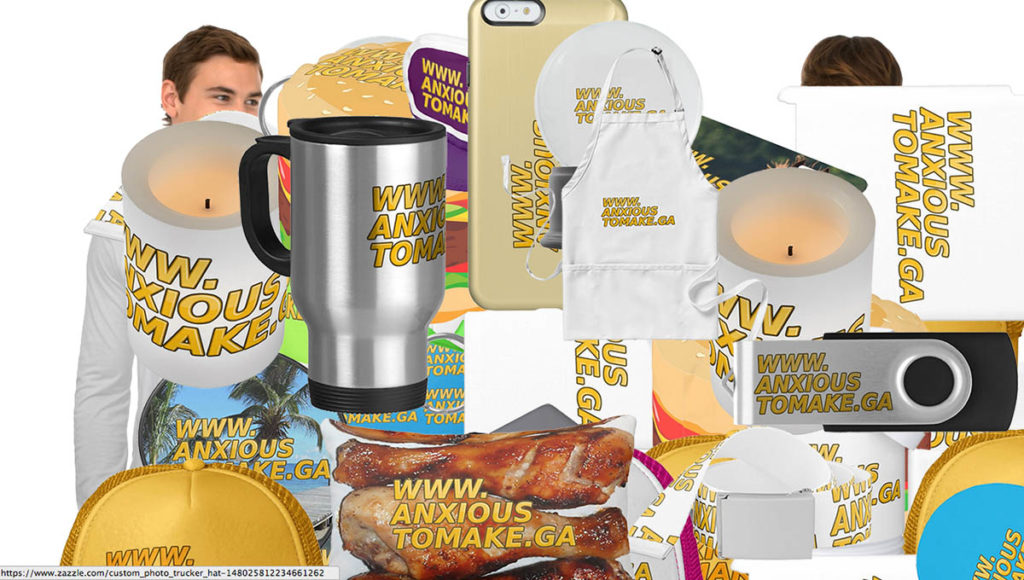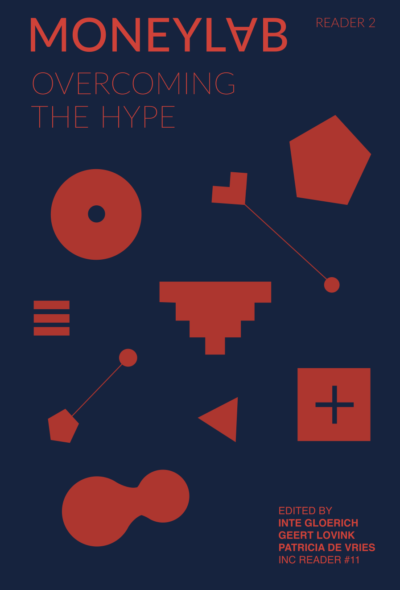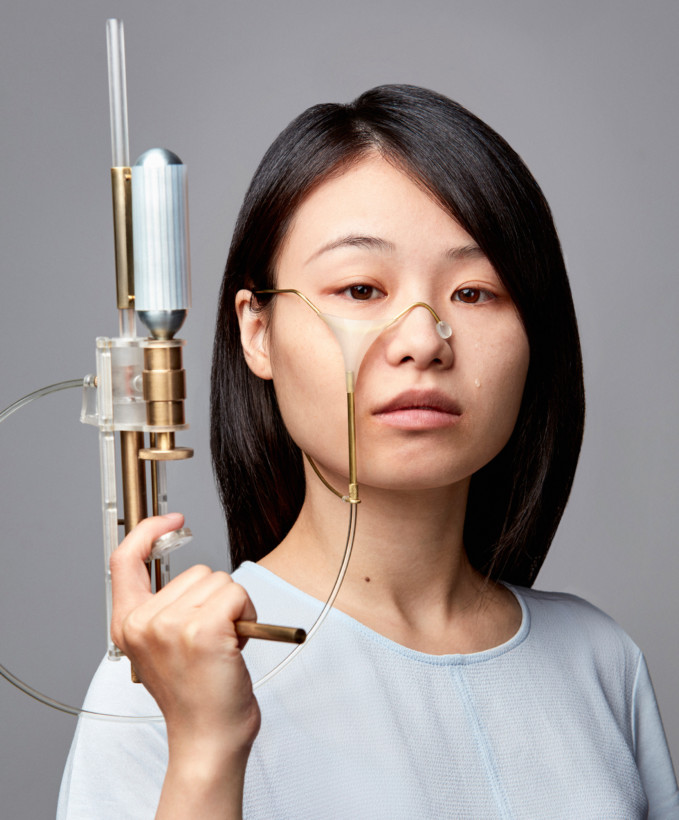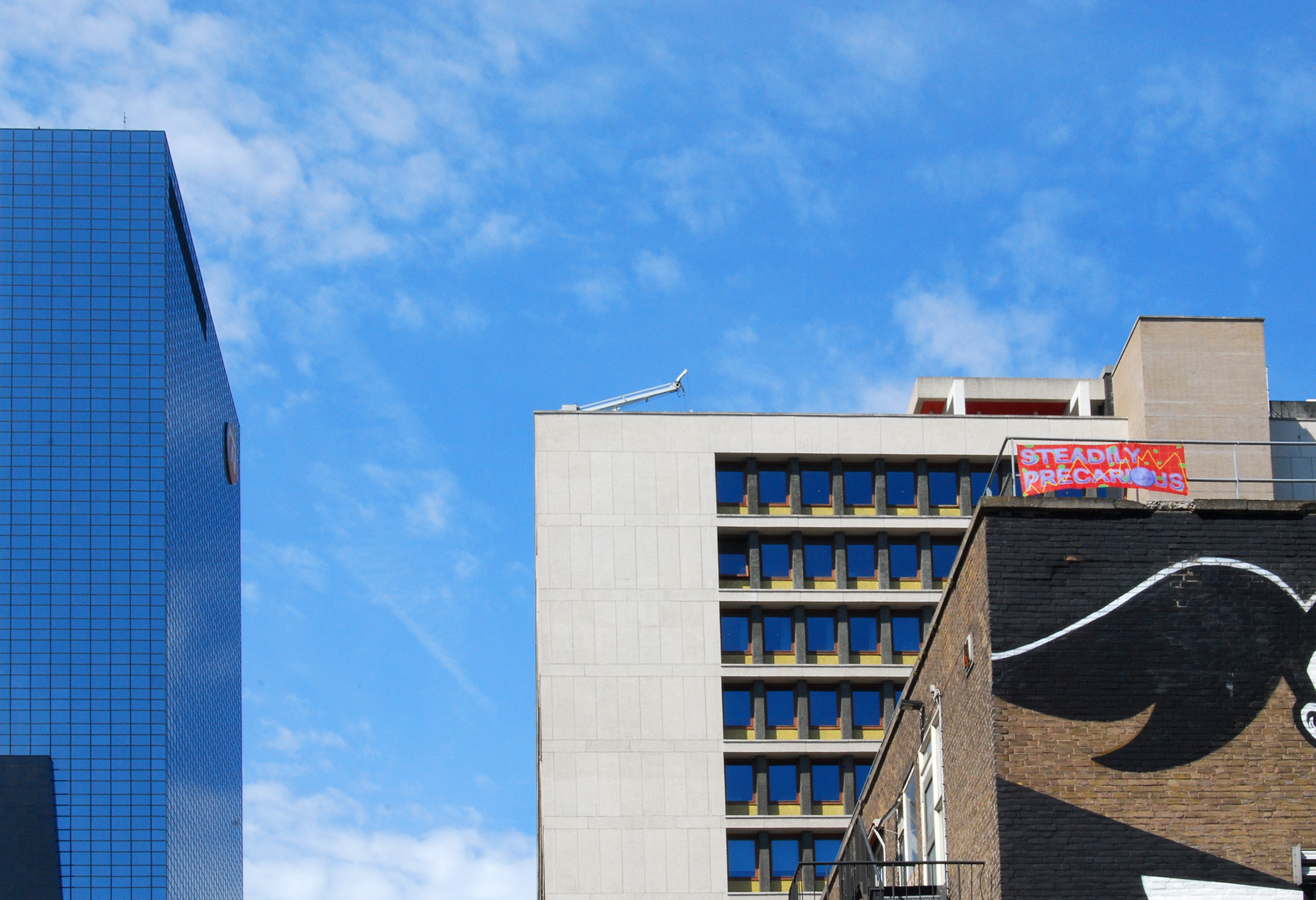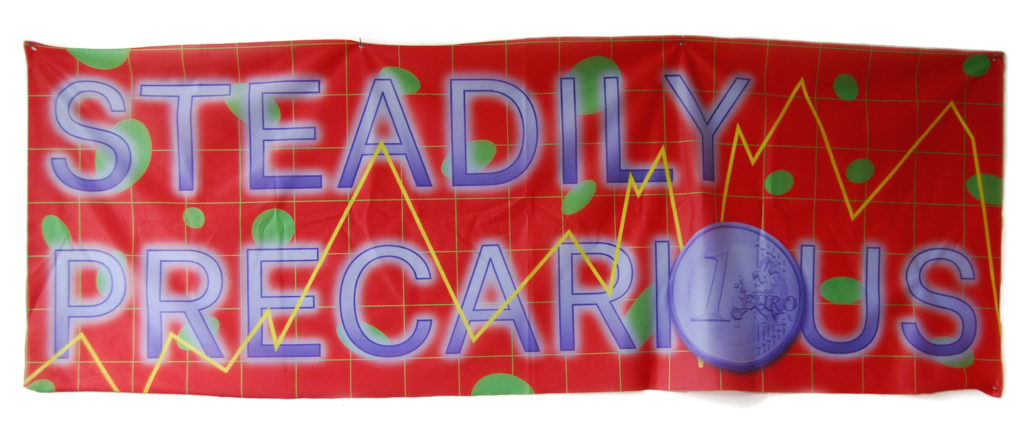[Published in Extra-Curricular, edited by Jacob Lindgren (Onomatopee, 2018).]
[Parts of this essay are now included in the book What Design Can’t Do (Set Margins’, 2023).]
Charisma
Some months ago I found myself in Berlin attending Re:Publica, an international conference on innovation meets politics meets branding meets tech. On the main stage, just after the vocal intervention of Russian chess master and activist Garry Kasparov, it was the turn of Dr. Nelly Ben Hayoun, experience designer and “manufacturer of the impossible”. Ben Hayoun is unanimously described, by the likes of Hans Ulrich Obrist and Micheal Bierut, as a force of nature, “an inexhaustible source of renewable energy”. While the sheer scale of her design experiences for clients like NASA, MOMA or Airbnb implies the work of a team (“we work, “we believe”, etc.), Nelly Ben Hayoun Studios is evidently framed around a charismatic leader. Their productions are truly impressive, often including two dozen lines of credits. Faced with such a vast and energetic orchestration of talent, any practitioner blanches.
Nelly Ben Hayoun was there, in prime time, to present the University of the Underground, a new postgraduate course created by “dreamers of the day” with the goal of forming the “very hard working” critical thinkers and radical designers that our world is so much in need of these days. A school for the “the Willy Wonkas of modern times, the contemporary Joy Division’s, JG Ballard’s, Marie Curie’s and Rauschenberg’s, action researchers and designers, mythologists and makers of new worlds!” The experience designer stayed faithful to her endorsements: the performance was cheerfully chaotic, with an often giggling audience and multiple plot twists (speaking of charismatic leadership, at a certain point there were three Nelly’s on stage).
The University of the Underground, hosted in Amsterdam by the prestigious Sandberg Instituut but implanted in London as well, is just one among the copious amounts of shorter or longer experiments in alternative education and pedagogy. To stick with the field of design, the Scuola Open Source in the south of Italy comes to mind, as well as the Parallel School or the nomadic Relearn sessions. And, to zoom in the Netherlands, I can mention Hackers and Designers or Open Set. So, what makes the UUG a particularly fascinating case study? Besides its laudable commitment to tuition-free education (more on that below) and the ambitious plan to run the MA for 100 years, the bombastic branding, positioning and charismatic leadership of the University of the Underground, winking at grassroots movements and do-it-yourself experiences but at the same time emphasizing free will and personality, represents a good opportunity to reflect on the meaning of counterculture today and evaluate its potential role. As someone who is intermittently involved in design education, I’m interested in the ways in which institutions are able to seamlessly neutralize, regurgitate and later administer or even steer countercultural expressions. The main motivation behind these notes is an attempt to provide a multifaceted articulation of this process and understand some of its consequences.
Read the rest
